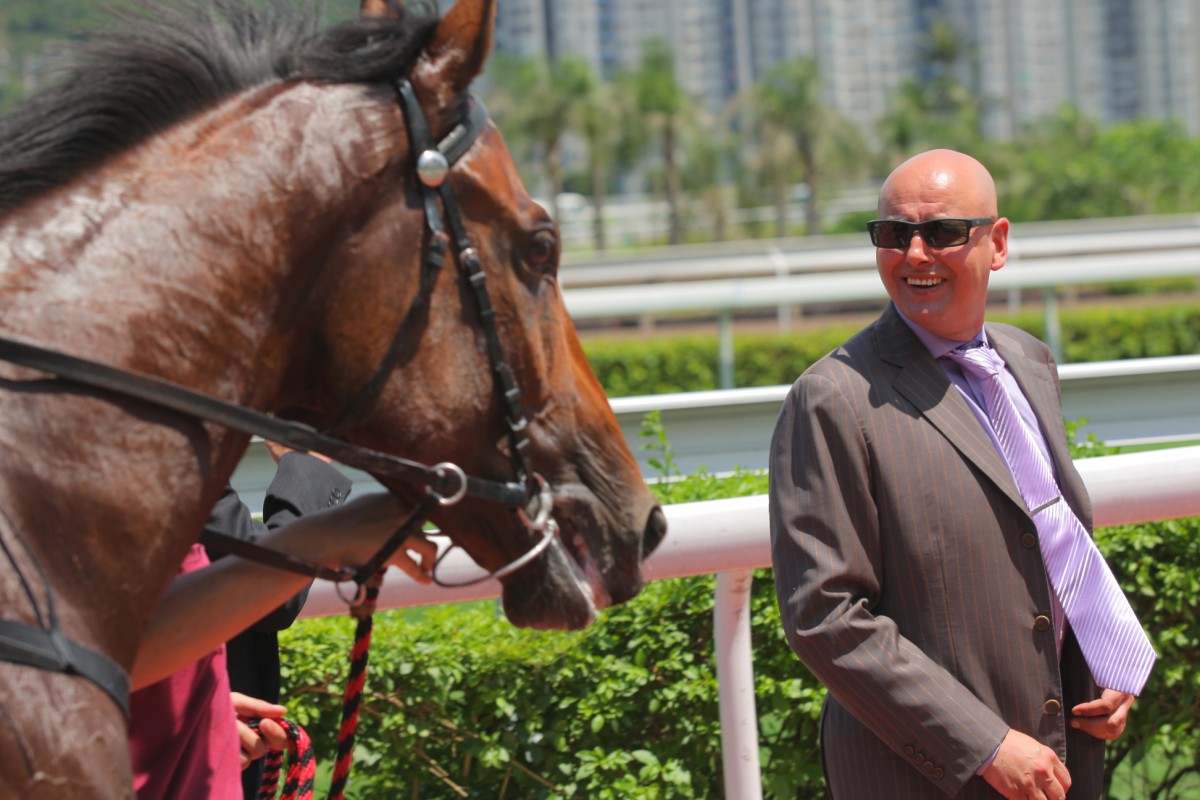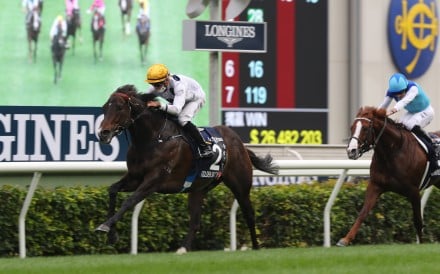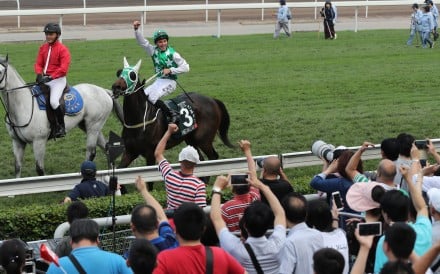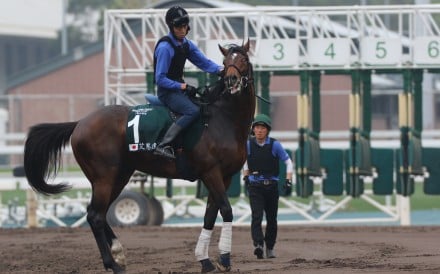Forget the jockeys’ and trainers’ championships, the real tooth-and-nail, down-to-the-wire, fight-for-survival battles are at the bottom of the ladders.
Sure, winning a championship means a lot – and so it should – but there is simply pride and a place in history at stake. There’s no extra prizemoney for finishing first.
For those with single figures or not much more in the win tally next to their names, this is all or nothing career-wise. It’s sink or swim time as the season nears its end.
For the trainers struggling to reach the benchmark, the plight is akin to the English Premier League’s heart-wrenching relegation battles. Just like the financial implications that come with a team dropping out of the top tier, trainers and jockeys face a relatively uncertain future if they are forced to move to another jurisdiction.
Basically, Hong Kong is the only racing centre in the world on the up financially and nowhere else can match its stability. Say what you want about the Jockey Club’s operations, for trainers and jockeys it offers financial benefits and a lifestyle unmatched anywhere.
If you are given the boot from the Sha Tin trainers’ stand, you can still be a trainer elsewhere, but after experiencing a privileged world it would be hard to adjust anywhere else.
Here’s how it works. Trainers are required to reach 15 winners per season (up from 13 in previous years) or they get a “strike” – and after three strikes you are out. Or at least you have to “show cause” and beg the licensing committee for another chance.
The last trainer to officially get the boot was David Hill in 2005, and before that Peter Chapple-Hyam and Alex Wong Siu-tan jumped before they were pushed.

This season four trainers are short of 15 wins with 10 meetings remaining: Andreas Schutz (13), Gary Ng Ting-keung (12), Almond Lee (11) and Sean Woods (nine).
After a much-needed double on Sunday, Schutz spoke openly about the dilemma facing trainers yet to reach the benchmark. Horses that would perhaps be put away for the season may be kept up and running in an effort to scrape another win out of them.
Trainers languishing near the bottom are also subjected to something like a self-fulfilling cycle of underachievement, followed by desertion of owners, leading to a lack of quality or even quantity of horses, compounding the problems.
Woods has just 19 horses, never mind the best of them being dirt specialists Lord Sinclair and Free Judgement, who both seem at their ratings peak. Schutz has 25 horses in his yard, when trainers are allowed a maximum 60 and top yards are turning horses away.
Just like the EPL, there’s no salary cap or draft to help you off the bottom – the rich tend to get richer and the poor can easily get poorer.
The plight of those near the bottom hasn’t been helped this year by persistent rumours that American trainer Dale Romans is ready and waiting once someone departs.
As it stands, if a foreign trainer did leave, it would be of his own volition as no one has a strike yet (Woods talked his way out of one in 2011-12 when he had 12 winners, citing a massive number of second placings).
Schutz says he is determined to stay. He even changed his Chinese name to something more auspicious this year in the hope of turning things around.
For the jockeys, there’s also show-cause meetings to attend for those deemed not to have ridden enough winners and their fate will be known on June 12 when the licensing committee announces rosters for next season.
When the trophies are hoisted and champagne corks popped at the season finale next month, spare a thought for those who have been sweating it out at the other end of the spectrum.
There’ll be even more cause for celebration if they get to stay in racing utopia for another year.

















